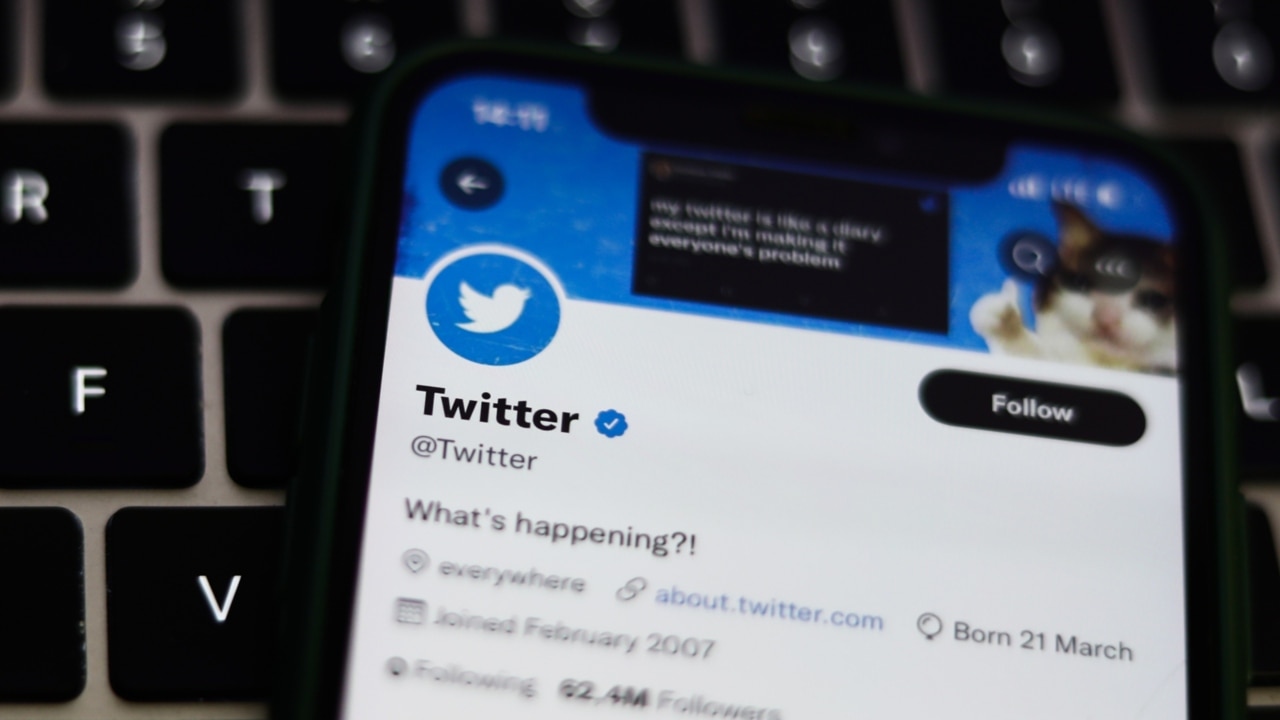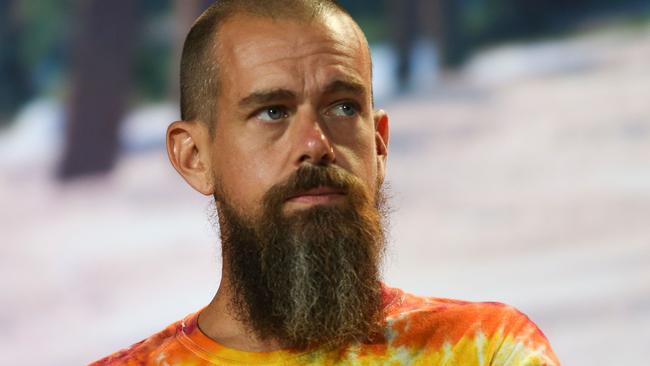Bluesky takes on Twitter with a vision of social media heaven
Nearly four years ago, Jack Dorsey began working on an open-source project called Bluesky. In the past week it has taken off like a rocket.

One of Jack Dorsey’s great regrets, he once tweeted, “was that Twitter became a company”. The tech billionaire has long argued that the “global town square” should not be owned and operated by a single company. Such a role was too important to society to be in one entity’s hands.
So nearly four years ago, Dorsey, now 46, began working on an open-source project called Bluesky. In the past week it has taken off like a rocket. Or so it seems based on chatter on the app it threatens to unseat. The app, which very much looks like Twitter, remains invite-only. But its chief executive, Jay Graber, has said there are more than a million people on the waiting list. Last Thursday Bluesky warned that it would have to suspend service for five minutes while it updated its systems to account for its “biggest single-day jump in users — up 2x from yesterday”. Some enterprising souls are selling invite codes on eBay.
Indeed, given Elon Musk’s chaotic rein at Twitter there is a sense that a breach has opened. Bluesky looks quite similar, with profile photos, posts, replies, follower counts, and a blue and white colour scheme.
And its slow rollout has been deliberate: the buzz-inducing equivalent of holding a queue at the door of an empty nightclub. People are desperate to get in but not sure what awaits.
Yet history would say that the odds of Bluesky breaking through are very low. The roster of social media wannabes who burned brightly, if only for a moment then flamed out, grows.
Clubhouse, the “social audio” start-up that briefly became the hottest new business in Silicon Valley during the pandemic, achieving a $US4bn valuation from Andreessen Horowitz, last week laid off half of its staff. The French start-up BeReal hit the top of Apple’s App Store last summer as young people flocked to its concept of a more “real”, less manicured experience. According to figures from research firm Apptopia, daily usage has halved from its peak.

Bluesky, though, has a few things going for it. Not least is the backing of Dorsey, who co-founded Twitter in 2006. Few people in the world will have as clear a sense of what works and what doesn’t when it comes to social media.
Twitter, like virtually every other social network, runs on servers it controls (or rents) and owns the data that runs through its systems.
Bluesky is different.
Dorsey, when he was chief executive of Twitter in 2019, launched it as a project that sat outside the mother company with the goal of designing “an open and decentralised standard for social media”.
The underlying conceit is that when Twitter started, it was a toy, a fun experiment. Social media today is a vital utility so should be built for that purpose and, crucially for Dorsey, who is an advocate of blockchain software and cryptocurrencies, it should also be decentralised.
This is not a small detail. Graber comes from the cryptocurrency world and the core of Bluesky is a new layer of infrastructure it has built called the AT Protocol, or Authenticated Transfer protocol.
The company explained: “Instead of one site running the network, you can have many sites. It means you get a choice of provider, and individuals and businesses can self-host if they want.” This makes it harder for governments or, say, an ornery, thin-skinned billionaire, to exert control over information.
Accounts are designed to be portable, meaning that even if you change providers you can keep your data, contacts and history.
Bluesky’s vision is that it will be the first of many to build atop its protocol, opening the way for a new era in social media where users can flit from one service to the next. Indeed, in its original conception, Dorsey saw Twitter becoming a “client” that would run on this new infrastructure.
Would Musk migrate Twitter to Bluesky’s protocol? That seems unlikely, not least because it would make it easier for people to leave. But Bluesky has more pressing concerns. Principally, to not become the next Clubhouse.
The Sunday Times


